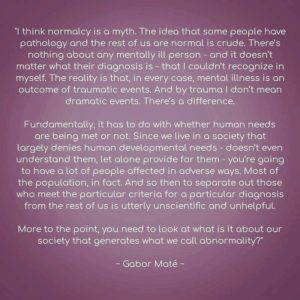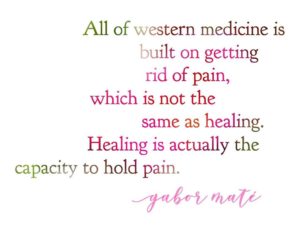Approaches to counselling
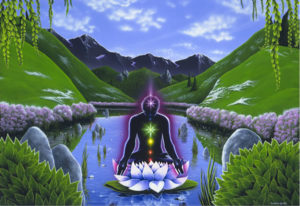
- Person centred approach
Person Centred approach is a way of being rather than doing and at the heart of all my counselling sessions and my philosophy.
The Person-centred approach is about placing the emphasis and importance on the rapport between me the therapist and you the client.
It means offering a none judgemental, respectful and empathetic space where you can feel valued and accepted for your authentic self. I will hold space for you by walking alongside you in your journey, without judgement, without making you feel inadequate or trying to fix you or trying to control the outcome. It recognises that you are your own expert.
I will guide you in your own self-discovery and in finding your own solutions.
Many times, we may have been controlled, felt not good enough and had conditions of worth placed upon us by others or society. The person-centred approach leads to self-acceptance, self-discovery and self-worth and increasing our own trust in our abilities to direct our own life and be successful doing so.
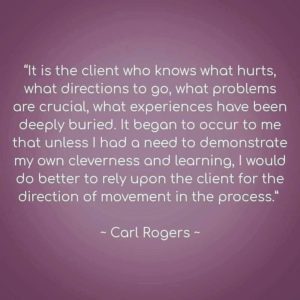
- Integrative approach
Integrative counselling is a combined approach to psychotherapy that brings together different elements of specific therapies. Every individual is unique and will experience life and events differently. What works for one person doesn’t work for another. I will work with you to find the best approach suited to you specifically and your needs.
I value clients for the individuals that they are and wish to cater for their needs, the integrative approach allows for just this, taking into account client uniqueness and seeing them for who they are, therefore it is concerned with the infusion of a person’s personality and needs – integrating the affective, behavioural, cognitive, and physiological systems within one person, as well as addressing social and spiritual aspects. It requires the client to commit towards self-exploration and gain empowerment.
- Psychodynamic approach
This approach stresses the importance of the unconscious and past experience in shaping current behaviour.
Many times, our pain is deeply rooted in our unconsciousness and this brings difficulties in life due to unresolved issues and pain. This approach aims to uncover all that has been unprocessed for us to be able to have more control over our lives and to finally face the hidden cause of our pain. In order to ensure these memories and experiences do not surface, many people will develop defences, such as denial and projections. According to psychodynamic therapy, these defences will often do more harm than good.
Many times, our childhoods have been difficult, and this has contributed to problems we may experience as adults, many times we still have an inner child that is hurt and may need healing. Even with good upbringings, there may be painful childhood events stemming from other experiences and events in life and later life events can have impacts.
My aim is to help clients learn new patterns of behaviour and ways of thinking that promote personal development and growth – helping them to overcome any limitations caused by unconscious feelings.

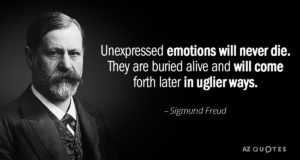
- CBT Cognitive Behavioural Therapy
CBT helps you manage problems by enabling you to recognise how your thoughts can affect your feelings and behaviour. CBT combines a cognitive approach (examining your thoughts) with a behavioural approach (the things you do). Many times, in life due to our experiences we create beliefs about ourselves that can be negative and inaccurate. These then influence our lives and behaviours. We also develop unhealthy cognitive distortions that can make life difficult. CBT can help to recognise these thought processes and reduce or eliminate their powers and help to explore alternative perspectives that result in healthier reactions, thoughts processes and in reducing everyday anxieties. My job is to give you the tools and techniques to achieve a balanced and fulfilling lifestyle, you will become well-versed at handling issues whenever and wherever they arise.
With OCD I use cognitive-biobehaviour therapy with the method suggested by world renowned expert on OCD, Dr. Jeffery M. Schwartz.
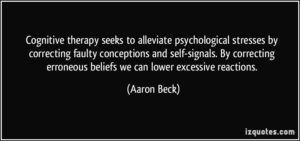
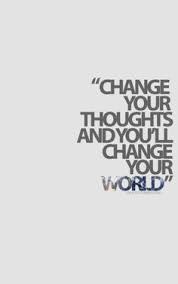
- Psychoeducation
I use a psychoeducation approach in sessions to help clients understand what is going on because we need to make sense of how our brains are working in order to make changes. I use handouts that I give to clients to educate you so that you can gain comfort and reassurance that what is happening is a natural reaction to what you have experienced. It helps to educate you the client so that you too can acquire the necessary knowledge to help you make sense of what is happening, this can be when you experience flashbacks, triggers, PTSD, trauma…
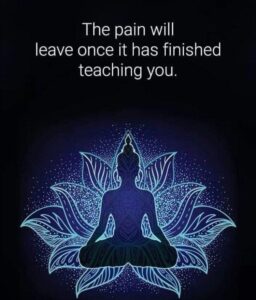
- Inner Child Healing
The inner child is the part of us that still feels and reacts like the child we were because this part of us has been wounded.
Inner child healing is working with our inner child to resolve the childhood emotions and experiences we still hold. Its aim is to nurture this part of ourselves and show this part of us love and compassion where it has been wounded by trauma, adversities or painful childhood events.
When we listen, connect too and communicate with our inner child, we can find the roots to the issues we experience as problematic in adulthood.
I work many times with people’s (adult clients) wounded inner child.
Childhood wounds and trauma in life can lead to issues in later adulthood such as low self-esteem, anger, shame, anxiety, depression, addictions, PTSD…hence why I also want to make a difference to children and adolescents who are or have experienced adversities and offer them a place to heal wounds and have that support when needed.
Many times, as adults we carry survival patterns no longer needed into adulthood or from our traumas that can occur at any point in our lives, these survival techniques no longer serve us, they now hinder us.
Many times, we grow into adults but emotionally we are still carrying our wounded inner child that never was heard, listened too, had feelings validated and given the space to express self or get to know self. We end up being children trapped in an adult body, to be noticed our inner wounded child takes the driving seat and creates havoc in our lives.
‘Trauma keeps you in a loop of your past. You’ll be 40 with an 8 year old mindset and thought process. That’s why you people please, or overextend yourself or stay places longer than you should have. Your inner child is screaming saying “finally someone loves me”. ‘
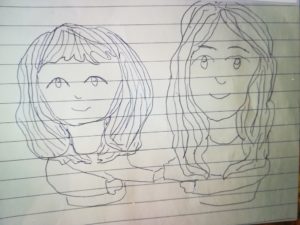

- Mindfulness
Mindfulness is the art of learning to stay present and observing our thoughts, emotions or feelings without judging them or ourselves but accepting and acknowledging these.
When we bottle things up and repress things, judge ourselves for the way we feel or our thoughts, ignore these feelings, thoughts and emotions or try to avoid them, our pain and suffering is prolonged and only stays within us. This creates problems the more we do this.
Mindfulness is about showing ourselves self-compassion and self-love so that we can take a caring and nurturing approach towards our healing.
Breathing and grounding techniques help in stimulating the (parasympathetic) nervous system and bring oxygen to our brains that activates this part so that we become connected with our bodies and gives us a sense of calmness that brings us back to our window of tolerance where we are no longer feeling overwhelmed by feelings, emotions or thoughts.
Mindfulness is all about awareness, it is by becoming aware that we learn what is happening within us and reconnect to our own inner healing abilities.
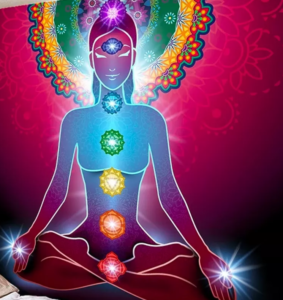
- Trauma Informed
Trauma-informed care can apply to anyone. It’s not just for people with obvious sources of trauma like physical or sexual abuse. Trauma-informed care applies as well to people with a history of depression or anxiety that has wreaked havoc on life, people with emotional abuse or attachment wounds, or any kind of trauma.
Trauma is a very complex and often misunderstood topic which can leave clients feeling even more alone in their pain and that nobody understands.
Peter Levine a clinical psychologist best known for his work with trauma echoes this:
“Trauma is perhaps the most ignored, belittled, denied, misunderstood, and untreated cause of human suffering”.
Untreated trauma can lead to many issues such as: PTSD, CPTSD, Anger, Anxiety disorders, Co-dependency, Low self-esteem, Depression, Addictions…
I understand the effects of trauma and chronic stress on the mind and body and how these events can impact on individuals.
My knowledge comes from Stephen Porges; The Polyvagal Theory and the teachings of Dr. Bessel Van Der Kolk author of: The Body keeps the Score. I suggest grounding techniques to help clients soothe and self-regulate.
The word trauma comes from the Greek meaning wound.
Dr. Gabor Mate author, physician and influential speaker on many subjects including trauma quotes:
“Trauma is what happens to us inside”.
Together we can look inside and work on wounds left by trauma.

Antonella Zottola and Dr. Gabor Mate – Event: ACE’s to Assets Fostering Resilience in a Stressed Culture (11th June 2019 – Belfast)
To get a better understanding of some of the many modalities that are to be found in therapy and see which one sounds helpful to you to then pick a counsellor who does them, please read the following resources by Lou Lebentz.

